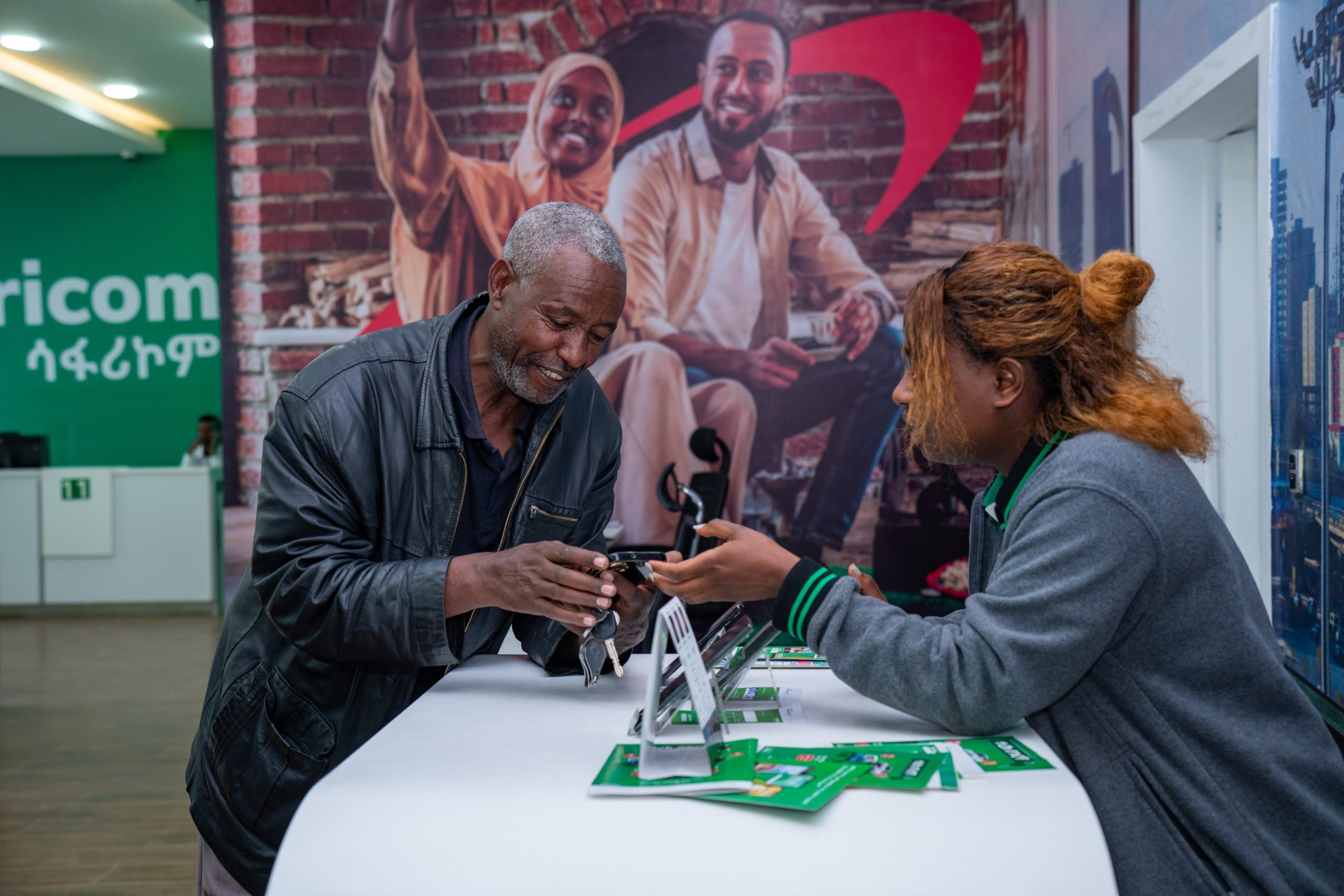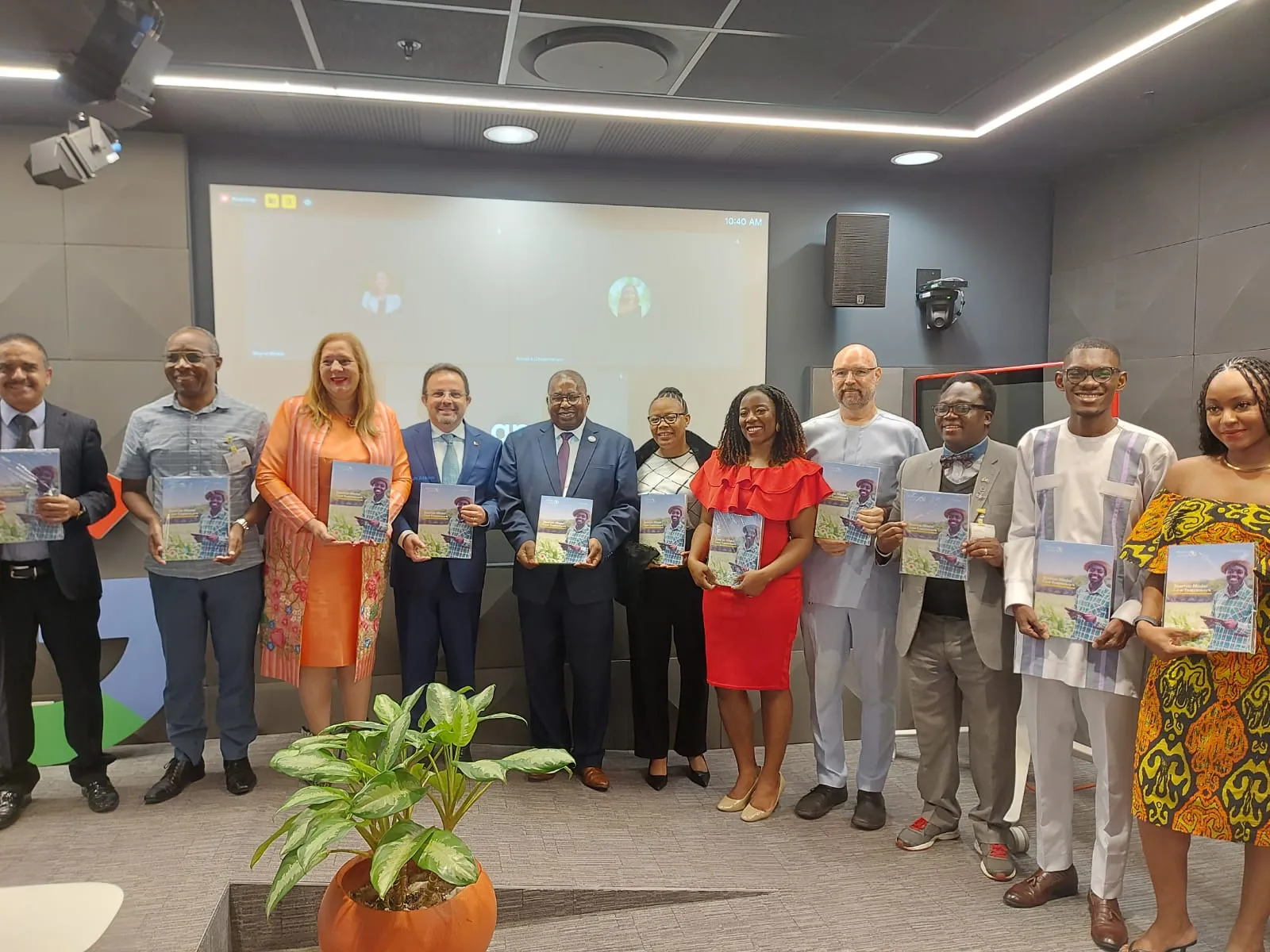Liberalisation live wire

Ethiopia’s telecoms sector liberalisation reached a historic milestone with M-Pesa Ethiopia’s launch on 16 August, while also serving as a potent reminder of the hurdles international investors face during market entry in Africa’s fifth-largest economy. M-Pesa’s services went live five years after Safaricom first expressed interest in launching mobile money in Ethiopia, and two years since the company filed a formal licensing request, which culminated in M-Pesa finally receiving its payment issuer licence in May 2023.
Now, with Ethiopia having delivered on its promise to open up the telecommunications sector, international investors are primed for the bidding process for telecommunications Licence B, the part-privatisation of Ethio Telecom, and the long-promised liberalisation of the banking sector. However, amongst the wealth of possibilities lie a series of potential pitfalls, tied to Ethiopia’s political economy.
Cyclical conflict and fiscal fragility
As illustrated by the delays to M-Pesa’s launch, key barriers persist to international investment, notably Ethiopia’s complicated fiscal and security environment, which are intertwined. Safaricom Ethiopia pursued its licensing efforts against the backdrop of civil conflict in the country’s northern regions. This constrained Ethiopia’s economic output, forced the government to divert scarce foreign currency towards additional heavy military expenditure, and limited the bandwidth and political influence of sectoral decision-makers.
Despite the anticipated economic benefits of liberalisation – including dollar-denominated licensing fees and enhanced market activity – the government’s efforts slowed, as decision-makers prioritised a return to stability over drafting complex regulations and expediting negotiations to open priority markets.
While the November 2022 peace agreement has enabled liberalisation to resume and accelerate, efforts to rebuild the conflict-affected regions have unveiled deep public distrust in financial services in Tigray after banking services were suspended for two years. Resulting anxiety has reaffirmed the long-held preference for cash, a dynamic that threatens to derail M-Pesa’s ambitions to use digital innovation to deepen financial inclusion in rural areas where the company’s services could have the greatest socio-economic benefit.
Safaricom Ethiopia is in the process of rolling out its services across Tigray, sharing infrastructure with incumbent Ethio Telecom while simultaneously building its own sites – a task complicated by the devastation wrought by the conflict. Meanwhile, other conflicts continue to intensify, and escalating insecurity in Amhara saw Safaricom Ethiopia shut down its sites in the region after the government declared a regional state of emergency on 4 August following clashes with militia group Fano. Continued volatility in the country’s largest region of Oromia is another threat, highlighting the need for foreign companies to enter with flexible strategies that can shift with the rapidly changing context.
Protectionism vs competitiveness
Despite the Ethiopian government’s public commitment to liberalisation, foreign firms have to confront protectionist instincts dating back decades. Delays in M-Pesa’s licensing enabled state-owned Ethio Telecom’s Telebirr to get a head start in the mobile money market, reaching USD 12.4 billion worth of transactions in 2022/23, and integrating with key public services.
M-Pesa’s unexpected domestic competition has prompted fears of similar lopsided competition ahead of the entry of foreign banks. Irrespective of regulatory delays, Ethiopia looks to be gearing up to consolidate the banking sector and pick winners. The authorities commenced efforts to strengthen the competitiveness of local firms in 2021, and the National Bank of Ethiopia (NBE) has explicitly stated its preference for a handful of strong local institutions rather than a sea of weaker ones.
The NBE has taken a pragmatic but tough stance, with new directives requiring heavier market capitalisation and sophisticated digital infrastructure. August 2023 marked a pivotal turn in the NBE’s strategy for the sector, with a slowdown in its aggressive push for credit and foreign currency surrender, granting banks enhanced liquidity to enable necessary investments to their competitive edge. This seems to be a temporary respite for local stakeholders to enable a final push to improve their standing before the NBE acts to force mergers and acquisitions in preparation for the entry of five foreign competitors in the next five years.
Outlook
Amidst consecutive and concurrent crises, Ethiopia has demonstrated an unwavering commitment to liberalisation, viewing it as a bridge to the country’s prosperity. As the government finalises the drafting of its second Homegrown Economic Reform plan, a wealth of opportunities are present for international investors to support the state’s ambitious agenda to catalyse economic growth and provide job opportunities for the ever-burgeoning youth population. Interested parties require a flexible strategy that recognises this flurry of complicating factors, while also contributing to the aim of building an inclusive economy through digital-led transformation.
About the authors
Jasmine Okorougo is an Associate Consultant at Africa Practice with a special focus on political economy and digital financial service developments across sub-Saharan Africa. She can be reached at jokorougo@africapractice.com.
Tewodros Sile is an associate director at Africa Practice, with a particular focus on Ethiopia and the wider East/Horn of Africa region. He can be contacted at tsile@africapractice.com.
Proud to be BCorp. We are part of the global movement for an inclusive, equitable, and regenerative economic system. Learn more


